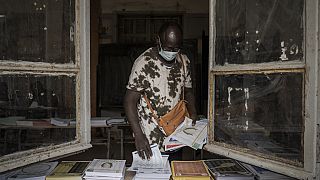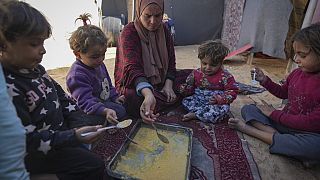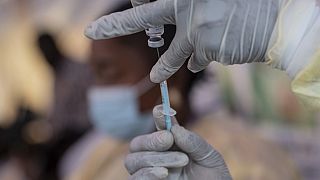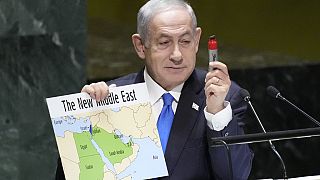Switzerland
The United Nations World Food Programme (WFP) is seriously concerned about the soaring food prices that are pushing the poor to the brink of hunger in the landlocked Southern African country.
With nearly 400,000 Malawians already food insecure due to floods and droughts and the impact of the COVID-19 pandemic, “Malawi’s challenges are now further exacerbated by the effects of the Ukraine crisis” said WFP Spokesperson Tomson Phiri (27 May), in a press briefing in Geneva.
Fifty percent of the Malawian population is already living in poverty, on less than USD 2 a day, prior to these price hikes. The disruption of global key cereals supplies after Russia’s invasion of Ukraine on 24 February is pushing up fuel, fertilizer, and food prices globally, hitting hard the most vulnerable populations.
“The price of bread has increased by 50 percent in the last three months”, emphasized Mr Phiri, “interviews with bakery owners reveal that the retail price of a 50kg bag of wheat flour has risen by 42 percent since the onset of the Ukraine crisis.
”WFP is partnering with the Government of Malawi to address the dire situation, including emergency food assistance and cash-based transfers, nutritional support, supply chain and logistics initiatives, and resilience-building.
In an intent to reduce the impact of inflation, Tomson Phiri explained the Government of Malawi removed the Value Added Tax (VAT) on some of its commodities since 01 April, but “prices for commodities such as cooking oil, have increased by over 300 percent since November 2020,” he pointed out.Food insecurity is endemic in Malawi, affecting up to 38 percent of the population every year in the run-up to the harvest in April.
On average, the WFP assists 1.5 million people each year in Malawi. The agency was forced to reduce assistance to the 400’000 people in need of food last year due to climate shocks, by providing 75 percent of a normal ration size. Similarly, 46,000 refugees have been receiving 50 to 75 percent ration since May 2019.
In order to reduce the funding gap, Tomson Phiri said “we need USD 2.9 million now, to be able to provide about 22,500 families affected by floods, for three months. We also need an additional USD 3.4 million to continue providing food assistance to 48,000 refugees and asylum seekers at a full food ration” from August to December 2022.
The fragile country of 19 million has the fourth-highest percentage of people living in extreme poverty in the world.











01:07
Pro-palestinian demonstrators protest in Rio de Janeiro as G20 summit unfolds
01:31
France-trained Ukrainian soldiers prepare to deploy against Russia
01:11
Doctor jailed for over five years for commenting on Russia-Ukraine war
00:51
Russia intensifies drone attacks on Ukrainian capital
01:03
Ukraine: one person killed and 35 injured in Russian attack
01:02
SA presidency challenges minister on Ukraine visa deal